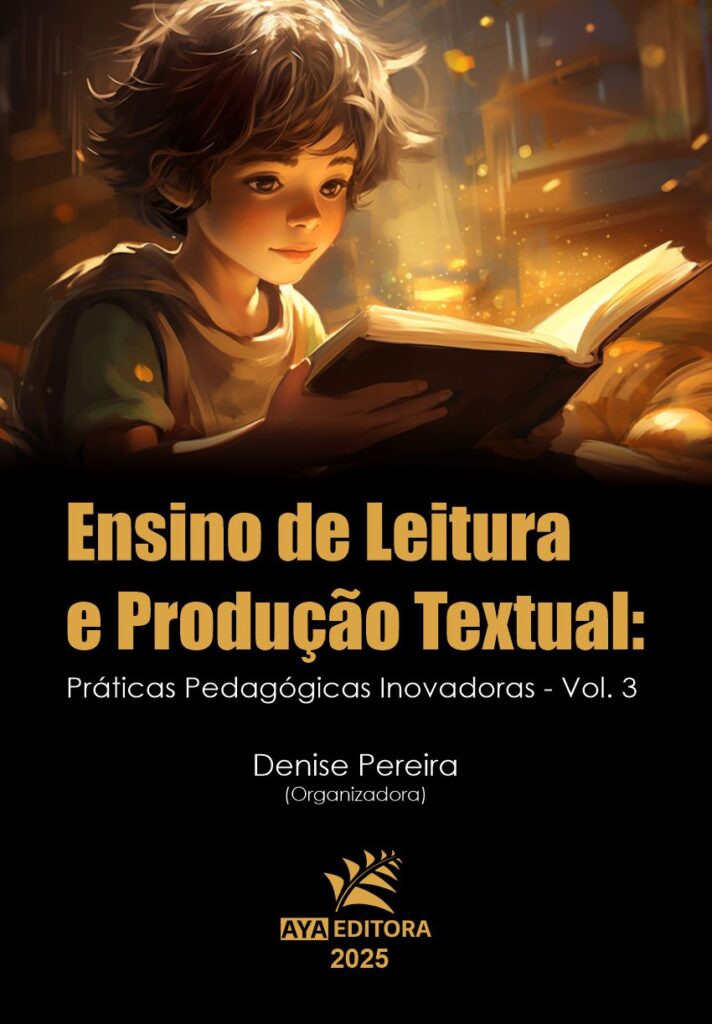
Poética de Contestação: O Rap como Forma de Protesto e Resistência na Letra “Boa Esperança” (2015), de Emicida
Poetics of Contestation: Rap as a Form of Protest and Resistance in the Song “Boa Esperança” (2015), By Emicida
Autores:
Anderson Ricardo Nunes da Silva
ISBN (Livro):
978-65-5379-791-8
DOI (Livro):
10.47573/aya.5379.3.5
DOI (Capítulo):
10.47573/aya.5379.3.5.19
N° páginas:
Pages
Formato:
Livro Digital (PDF)
Publicado em:
09/10/2025
Licença:
Resumo
Este estudo analisa a canção Boa Esperança (2015), de Emicida, como manifestação de protesto e resistência, evidenciando o rap como instrumento de denúncia do racismo estrutural, das desigualdades sociais e das heranças coloniais no Brasil contemporâneo. A pesquisa, de abordagem qualitativa e analítico-interpretativa, fundamenta-se na análise de conteúdo da letra e do videoclipe, considerando aspectos linguísticos, poéticos e imagéticos. Apoiada em referenciais teóricos sobre racismo estrutural, colonialidade, necropolítica e resistência cultural, a análise revela que a obra articula crítica social, memória histórica e afirmação identitária, oferecendo visibilidade às populações negras e periféricas. Conclui-se que o rap transcende a esfera musical, constituindo-se como prática política, pedagógica e cultural, capaz de empoderar, educar e transformar socialmente, reafirmando-se como ferramenta de contestação e construção de subjetividades críticas.
Palavras-chave: aprendizagem; escola; leitura.
Abstract
This study analyzes the song Boa Esperança (2015) by Emicida as a form of protest and resistance, highlighting rap as a tool for denouncing structural racism, social inequalities, and colonial legacies in contemporary Brazil. The research, which adopts a qualitative and analytical-interpretive approach, is based on content analysis of the song’s lyrics and music video, considering linguistic, poetic, and visual aspects. Drawing on theoretical frameworks about structural racism, coloniality, necropolitics, and cultural resistance, the analysis reveals that the work articulates social criticism, historical memory, and identity affirmation, giving visibility to Black and marginalized populations. The conclusion is that rap transcends the musical sphere, functioning as a political, pedagogical, and cultural practice capable of empowering, educating, and socially transforming, reaffirming itself as a tool for contestation and the construction of critical subjectivities.
Keywords: rap; cultural resistance; structural racismo.
Ler On-line

